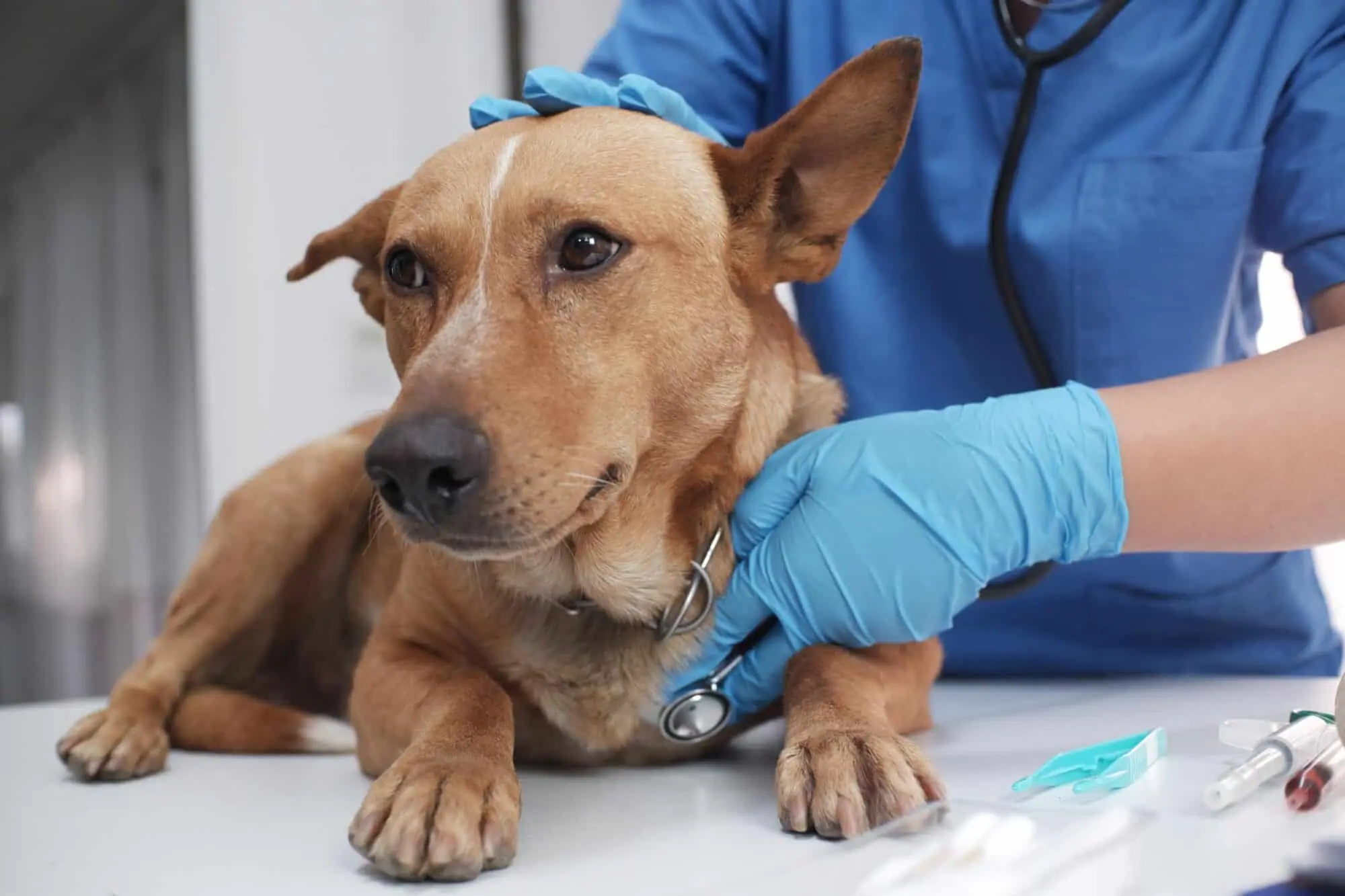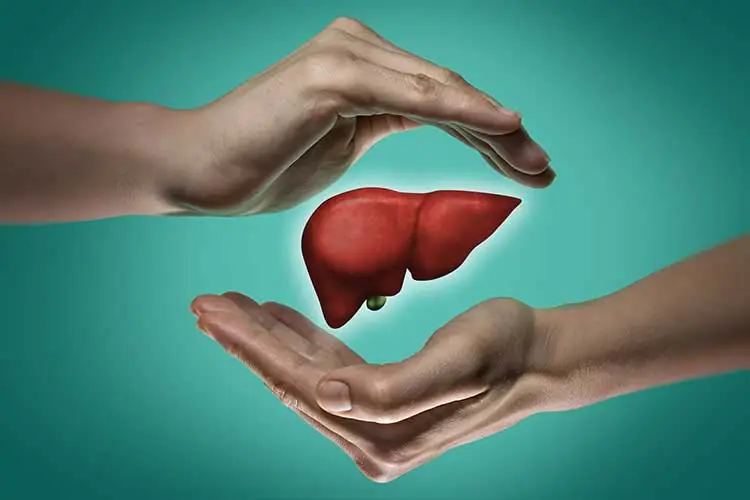
The Best Time to Take Vitamins for Maximum Absorption and Benefits
Learn how syncing your vitamin intake with meals and your daily schedule can improve nutrient absorption and boost your health
As devoted dog owners, ensuring our pets are in optimal health is a top priority. While many daily routines like feeding and exercise are obvious, some critical health signs can be easily overlooked. This detailed dog health checklist covers all the vital areas you should inspect routinely to catch any issues early and maintain your dog's happiness and longevity.
Essential Dog Health Checklist: What Every Dog Owner Should Monitor
1. Eyes
Healthy dog eyes are a window into their overall wellness. When checking your dog’s eyes, look for:
Clarity and Brightness: The eyes should appear clear and shiny, not dull or cloudy.
Absence of Redness: Red or bloodshot eyes can signal irritation or disease.
No Discharge: Watch for excessive tearing or unusual discharge.
Possible Issues:
Redness, cloudiness, or discharge might indicate conditions such as glaucoma, cataracts, conjunctivitis, corneal ulcers, or allergies. For instance, according to the American Veterinary Medical Association (AVMA), persistent eye discharge can suggest infections or foreign bodies in the eye that require veterinary evaluation.
2. Urine
Urine is an important indicator of your dog’s internal health. When observing urination, be alert for:
Blood in Urine: Even small traces can suggest infections, bladder stones, or tumors.
Strong, Foul Odor: Could indicate urinary tract infections (UTIs) or kidney problems.
Difficulty or Pain While Urinating: Straining or discomfort often requires urgent veterinary care.
According to veterinary experts, UTIs are common in dogs and can lead to more serious kidney infections if untreated. Immediate attention is crucial when abnormalities are noticed.
3. Ears
Dog ears are sensitive and prone to infections. Regularly check for:
Dirt or Debris: Excess buildup can harbor bacteria or mites.
Redness or Inflammation: Signs of irritation or infection.
Unpleasant Odors: May indicate yeast infections or ear mites.
The Veterinary Dermatology journal highlights that untreated ear infections can cause chronic discomfort and hearing loss in dogs, so early detection is important.
4. Mouth and Teeth
Oral health significantly impacts your dog's overall condition. Check for:
Discoloration: Yellow or brown teeth can indicate tartar buildup.
Cracks or Damage: Broken teeth require prompt treatment.
Gums: Healthy gums are pink; pale or red gums may signal illness.
Bad Breath: Persistent bad breath can be a symptom of dental disease or digestive issues.
The American Veterinary Dental College states that periodontal disease affects over 80% of dogs over three years old, so regular dental checks and cleanings are vital.
5. Snout and Nose
The nose provides clues about your dog's health status:
Moisture: A healthy nose is usually moist but not overly wet.
No Cracking or Dryness: Cracked noses can suggest dehydration or autoimmune issues.
Free of Mucus or Discharge: Excessive mucus might point to infections or allergies.
The Merck Veterinary Manual notes that nasal discharge accompanied by sneezing or coughing warrants veterinary examination.
6. Body and Joints
Monitoring your dog's coat and physical movement reveals much about their health:
Coat Condition: It should be glossy without bald patches or dullness.
Skin Issues: Look for hot spots, rashes, bumps, or lumps.
Parasites: Fleas, ticks, or mites should be addressed immediately.
Pain or Limping: Could indicate injury, arthritis, or neurological problems.
Studies published in the Journal of Veterinary Internal Medicine emphasize the importance of early detection of joint issues, such as arthritis, for better management and quality of life.
7. Fecal Matter
Your dog’s stool provides insight into their digestive health:
Consistency: Should be firm and well-formed, not diarrhea.
Smell: Extremely foul odor can indicate infections or poor digestion.
Presence of Blood or Worms: Requires urgent veterinary attention.
Regular fecal exams recommended by vets help detect parasites early, preventing transmission and health complications.
8. Paws
The often-overlooked paws need regular inspection:
Skin Condition: Should be soft, not dry or cracked.
Swelling or Redness: Could be from injury, infection, or allergies.
Nail Length: Overgrown nails cause discomfort and gait issues.
Odor: A bad smell might indicate bacterial or fungal infections.
Veterinary literature warns that untreated paw infections can lead to systemic illness, so early treatment is critical.
Additional Tips to Maintain Your Dog’s Health
Regular Vet Visits
Routine check-ups with your veterinarian are essential. Annual exams allow early detection of many conditions, vaccinations, and preventive care.
Proper Nutrition
A balanced diet tailored to your dog’s breed, age, and health status strengthens their immune system and keeps their coat and joints healthy. Consulting with a vet or canine nutritionist can help optimize feeding.
Hydration
Always provide fresh water. Dehydration affects many body systems and can be detected early by checking the gums and skin elasticity.
Exercise and Mental Stimulation
Regular physical activity prevents obesity and supports joint health. Mental engagement through training and play improves overall well-being.
Parasite Prevention
Use vet-recommended flea, tick, and worm preventatives consistently to avoid infestations and related illnesses.
Conclusion
Being proactive with your dog’s health by regularly checking their eyes, ears, mouth, nose, urine, body, joints, feces, and paws can prevent many serious diseases and discomfort. Early intervention is the key to a long, happy life for your furry companion.
Make this checklist part of your routine care, and don’t hesitate to consult your veterinarian if you notice any unusual signs. With your attentive care and expert veterinary support, your dog will thrive for years to come.
If you want to dive deeper, reputable sources like the American Veterinary Medical Association (AVMA), the Merck Veterinary Manual, and the American Veterinary Dental College provide extensive resources on dog health and wellness.

Learn how syncing your vitamin intake with meals and your daily schedule can improve nutrient absorption and boost your health

Discover houseplants that require minimal sunlight and are perfect for darker corners, offices, or rooms with limited natural light.

Incorporating greens into your diet is easier and tastier than ever with these vibrant and healthy smoothie recipes.

Discover how these easy-to-grow plants can protect your home while adding beauty and aroma.

Salsa is a versatile and delicious dip that adds freshness and zest to many dishes, perfect for every occasion.

Keep your mind sharp and your spirits high with these delicious and healthy beverages.

Discover simple ways to heal your body using everyday spices found right in your kitchen.

Discover how a simple homemade ginger water can boost your health naturally and enhance your beauty.

Pasta dishes are loved worldwide, and the sauce makes all the difference. Here are 10 popular pasta sauces and tips on what types of pasta, ingredients, and wines pair best with each.

Food adulteration is widespread, but with simple home tests, you can easily detect common adulterants in your food and ensure what you're consuming is safe.

Liver health is crucial to overall well-being, and several herbs may help support and protect the liver. Here are the 10 most effective herbs for liver health, along with the necessary precautions.

Even with just 10 minutes to spare, you can tackle a variety of cleaning tasks that will make your home look fresh and tidy. Here are 10 things you can clean in 10 minutes or less!

From turmeric to magnesium, explore 9 home remedies that are supported by scientific research, offering natural solutions to common ailments like pain, inflammation, and digestion issues.

Pesto is a versatile and flavorful sauce that adds a fresh touch to any dish. Here are 6 easy-to-make pesto recipes, each offering a unique twist on the classic.

A balanced diet is key to maintaining optimal health. Learn how specific foods support the health of various organs and systems, from your heart to your hair.

Craving a quick dessert? Mug cakes are the perfect solution for satisfying your sweet tooth in minutes, with these 7 easy-to-make recipes that deliver amazing results.

Good sleep is essential for maintaining physical and mental health.



A mother’s simple moment capturing her son’s smile turns into a heartbre@king revelation of abu$e. Discover her journey to protect her child and find strength in the face of fe@r.

This nourishing hair mask combining almond oil, mustard oil, and fenugreek seed powder offers a holistic approach to hair care.

A simple fishing trip uncovers a hidden family secret that changes everything. One father-son moment leads to a life-altering truth about love, loss, and forgiveness.

Natural remedies like castor oil, fenugreek, and flaxseed gel provide safe, nourishing options to regrow fuller, thicker eyebrows without chemicals or expensive serums.

On my wedding day, my mother-in-law tried to ste@l the spotlight by sitting between me and my husband. What happened next changed everything—and taught her a lesson she’ll never forget.

With these five easy DIY recipes, you can transform your skincare routine, revealing glowing, youthful skin without harsh chemicals.

On my eighteenth birthday, a package from the mother who left me and my dad revealed a painful past, a legacy of love, and a path toward forgiveness I never expected.

This DIY Vaseline and olive oil skin treatment, enhanced with the brightening powers of orange juice and apple cider vinegar, offers a holistic approach to nourishing and rejuvenating your skin naturally.

Growing up on a farm felt like a secret I had to hide—until I learned that owning my roots was my greatest strength.

Rooted in ancient Ayurvedic wisdom and supported by modern science, these simple DIY treatments nurture your scalp, stimulate growth, and restore your hair’s natural beauty without harmful chemicals.

One year after losing my son, I visited his grave—and what I learned about my daughter-in-law’s fate sh0cked me to my core. This is a story of grief, betrayal, and uncovering the truth.

Living under the same roof as my future mother-in-law meant paying rent and enduring sabotage—but it was all worth it for the sake of love, family, and a new beginning.

By incorporating potato slices combined with other natural ingredients like turmeric, honey, cucumber juice, and kaolin clay into your skincare routine, you can harness the power of nature for radiant, clearer skin.

With this 3-step natural rice water treatment, you can tighten, tone, and transform your skin texture at home - gently, affordably, and effectively.

Learn how syncing your vitamin intake with meals and your daily schedule can improve nutrient absorption and boost your health

Discover houseplants that require minimal sunlight and are perfect for darker corners, offices, or rooms with limited natural light.

Nourishing the scalp, strengthening strands, and stimulating growth, this DIY hair mask supports thicker, shinier, and more manageable hair naturally.

Incorporating greens into your diet is easier and tastier than ever with these vibrant and healthy smoothie recipes.

Discover how these easy-to-grow plants can protect your home while adding beauty and aroma.

Salsa is a versatile and delicious dip that adds freshness and zest to many dishes, perfect for every occasion.